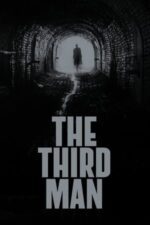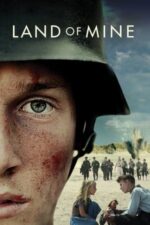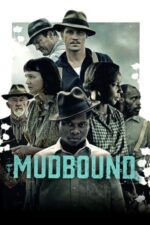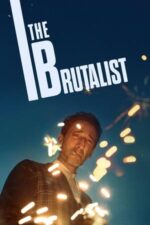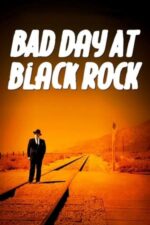The Long Shadow: Cinema’s Exploration of Post-War Europe
Isn't it fascinating how deeply a single event can ripple through art? World War II was, undeniably, the defining moment of the 20th century, and its aftermath – that uneasy period we call post-war – has provided fertile ground for filmmakers ever since. It’s more than just about battles and victory parades; it's about rebuilding lives, confronting uncomfortable truths, and grappling with a world irrevocably changed. And cinema, as always, has been there to document, dissect, and sometimes even dramatize that process.
What strikes me most about films tackling this era isn't necessarily the grand historical narratives – though those are important too – but the human stories woven within them. Take “Liberation Diaries,” for example. It’s not a sweeping epic, but its power lies in the intimate perspectives of three women across Europe, chronicling their experiences through diaries. That simple device allows us to witness the rebuilding process on a deeply personal level: the anxieties about the future, the quiet acts of defiance, and the slow, painstaking work of reclaiming agency after years of oppression. It’s a reminder that liberation isn't just a political event; it’s a lived experience, often messy and complicated.
Then you have films like "Foreign Intrigue," which, while leaning into a more thriller-esque style, still uses the backdrop of post-war Europe to explore something crucial: the moral compromises people made in the wake of devastation. The idea that someone could profit from blackmailing former Nazi collaborators – it’s chilling, and speaks volumes about the desperation and opportunism that can arise when societal structures collapse. It's a darker reflection on how quickly "good" and "bad" can become blurred lines when survival is at stake.
And let’s not forget films like “Quisling: The Final Days.” These aren’t always comfortable watches, but they are vital. Facing the consequences of collaboration – that reckoning with history – is essential for any nation trying to move forward. It's a stark reminder that rebuilding isn't just about bricks and mortar; it's about confronting painful truths and acknowledging collective responsibility.
Even films like “Drsná Planina,” focusing on the Czech Secret State Police, offer a nuanced look at this period. They show us the complexities of maintaining order in a society fractured by ideology and suspicion – highlighting how even those tasked with upholding justice can be caught in morally ambiguous situations. It’s not about glorifying anyone; it's about understanding the pressures and compromises that shaped their actions.
The post-war era continues to resonate because it speaks to universal themes: resilience, betrayal, the search for identity, and the enduring human capacity for both great cruelty and profound compassion. These films aren’t just historical documents; they are mirrors reflecting our own struggles with morality, justice, and the long shadow of the past.
What post-war film has you thinking? I'd love to hear your thoughts!

























